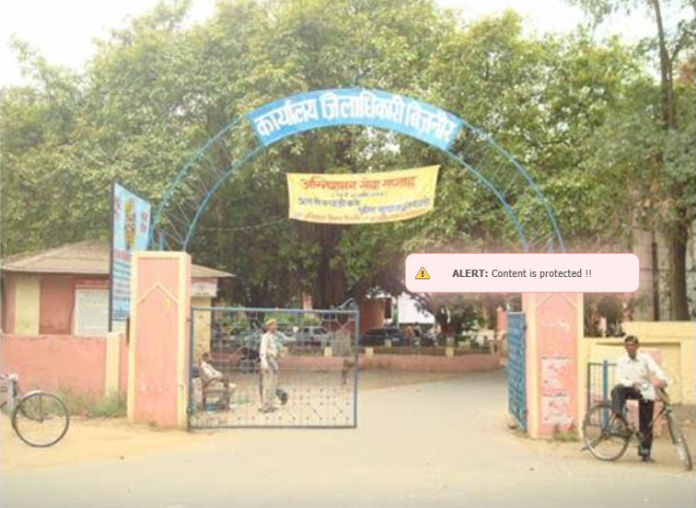The district administration in Bijnor has commenced the inspection of Waqf properties following orders from the state government. This move comes ahead of the anticipated passage of the Waqf Amendment Bill 2024 in Parliament. The process aims to verify whether any government property has been ‘fraudulently converted’ into Waqf property, reports the Hindi portal Waqf Today.
Bijnor district is home to over 4,000 registered Waqf properties, and the Revenue Department has deployed officials to oversee their verification. The collected data will be submitted to both central and state governments. The inspection includes physical verification of properties located in different tehsils, such as Sadar (626 properties), Dhampur (1,206 properties), Chandpur (730 properties), Najibabad (939 properties), and Nagina (518 properties).
Additionally, properties categorised under “Waqf by User” and listed in revenue records appear to exceed the registered numbers.
The state government has already implemented the Waqf Rules 2024 as of November 25, and under the directives of the Allahabad High Court’s Lucknow Bench, the inspection of Waqf properties is underway in 75 districts.
Despite these efforts, the Uttar Pradesh Sunni Central Waqf Board has yet to complete the computerisation of records under Section 37, which complicates the reconciliation of Waqf and revenue records. This gap raises concerns about potential misclassification of properties as government land during the survey.
The Chief Minister’s directive to conduct the survey based on the 1359 Fasli records has also sparked criticism. Critics point out that no general survey has been conducted by the Waqf Survey Commissioner in Uttar Pradesh since 1985, raising doubts about the accuracy of current data. Experts argue that properties categorised as “Waqf by User” could be significantly underreported.
Mufti Ibrahim, the Shahar Qazi of Lucknow, has called the process illegal, emphasising that any survey conducted while the Waqf Amendment Bill 2024 is still under deliberation in Parliament is unjustifiable. He urged the Uttar Pradesh Sunni Central Waqf Board to challenge the government’s actions in court and for organisations to step forward to protect Waqf properties.
Meanwhile, the district administration stated that if any Waqf property is found to be situated on government land, its status will be thoroughly investigated. If discrepancies are identified, steps will be taken to nullify claims on such properties and reclaim government land.
ADM (Finance) Bijnor, Arvind Kumar Singh, stated that while Waqf property details are available online, a re-verification is being conducted as per government directives. The findings will be reported to the authorities for further action.




